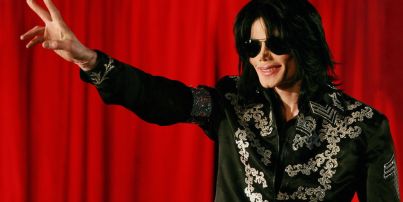AEG Live took a break from looking into the details of Michael Jackson's drug problems on Tuesday to examine his earning potential. The concert promoter brought Eric Briggs to the stage, a Los Angeles consultant specializing in analyzing the value of performers. Briggs didn't think the pop star had nearly as much potential to earn as had been argued by experts from the Jackson family's side.
Arthur Erk testified on behalf of the family earlier this month that Jackson probably would have earned $1.5 billion over the next several years had he not died in 2009. Erk based his findings on a proposed world tour of nearly 260 shows, as well as a hypothetical Las Vegas stage show and endorsements. Erk said that he was "reasonably certain" that Jackson would have earned more than $300 million in endorsements.
Briggs testified that Erk's findings were off base, at least with regards to advertising and endorsements. He said that Jackson's likability among the public was far too low to generate that much in corporate sponsorships. According to his numbers, Jackson had a "Q score," a measure of testing celebrity likability, that on par with other performers in 1993. That indicates that around half of a population found him to be likable. However, Briggs said that Jackson's Q-score began to slip in 1993 when he entered rehab for an addiction to painkillers. By the time Jackson's child molestation trial had ended, only one in eight people found him to be likable. He said companies would be "very anxious" to attach Jackson's name to their products.
Erk's estimates have come under fire already from AEG lawyers, who point out that the proposed tour wasn't based on historical references. Jackson had never embarked on a tour as large as 260 dates, and it seemed unlikely that he would do so in 2009, considering his health issues. AEG was forced to admit however that the 50 dates in London for the "This Is It" series had sold out quickly.
© 2026 MusicTimes.com All rights reserved. Do not reproduce without permission.






